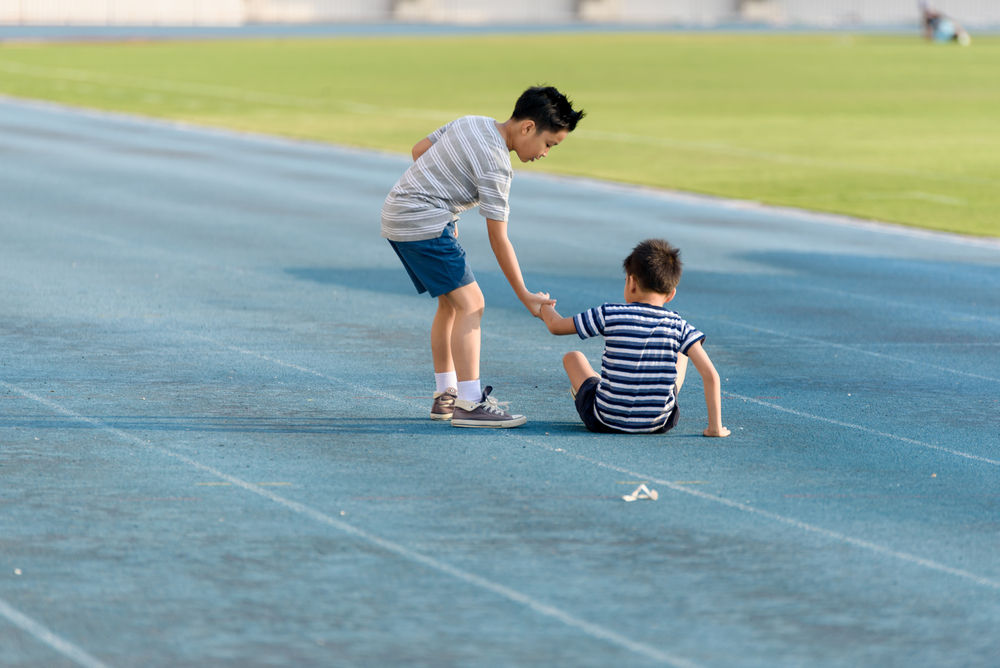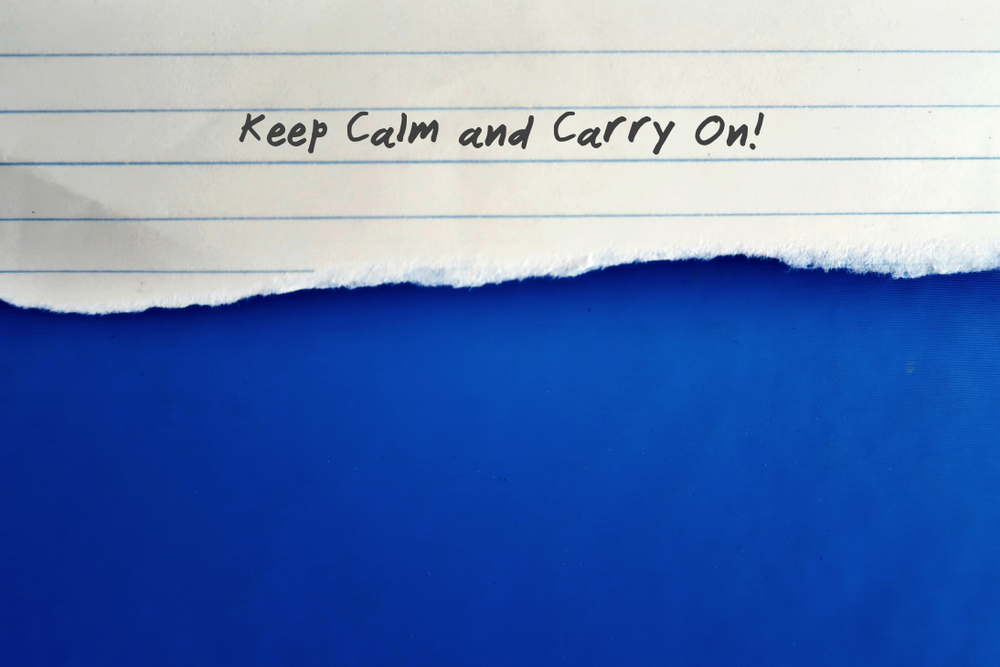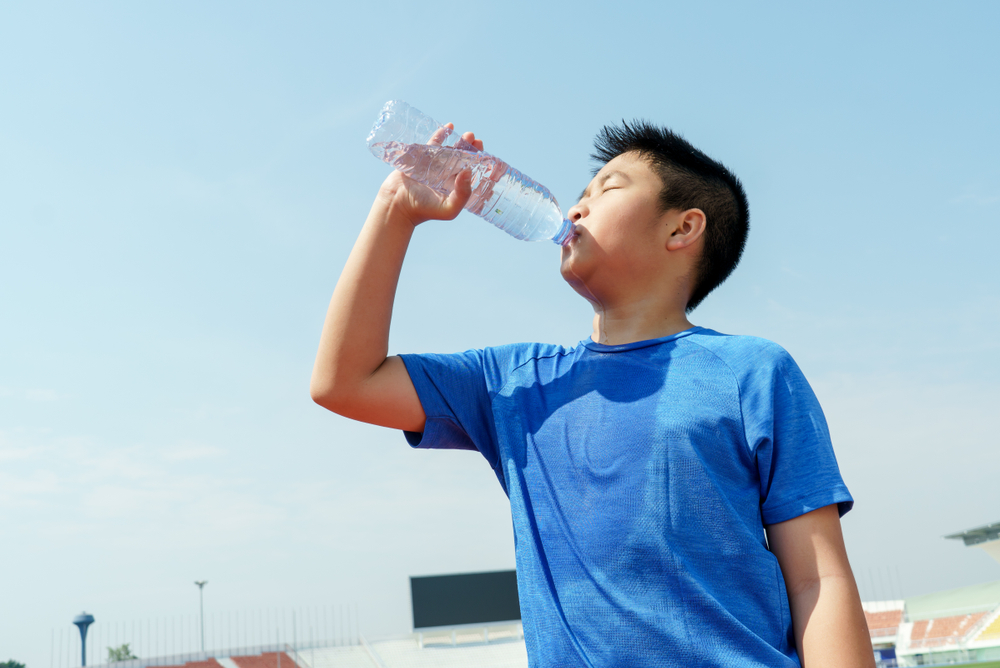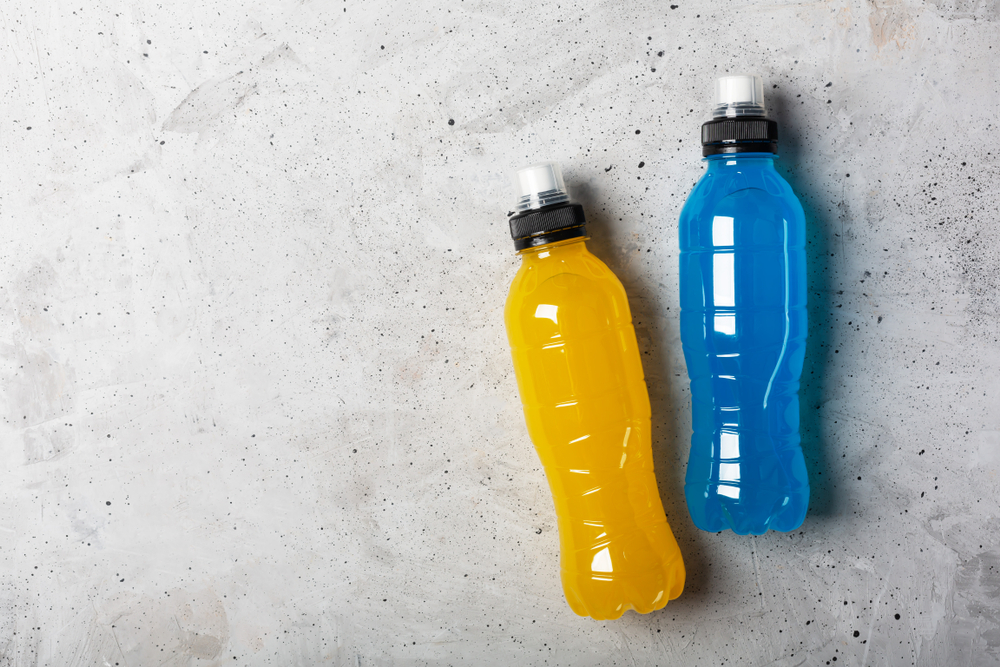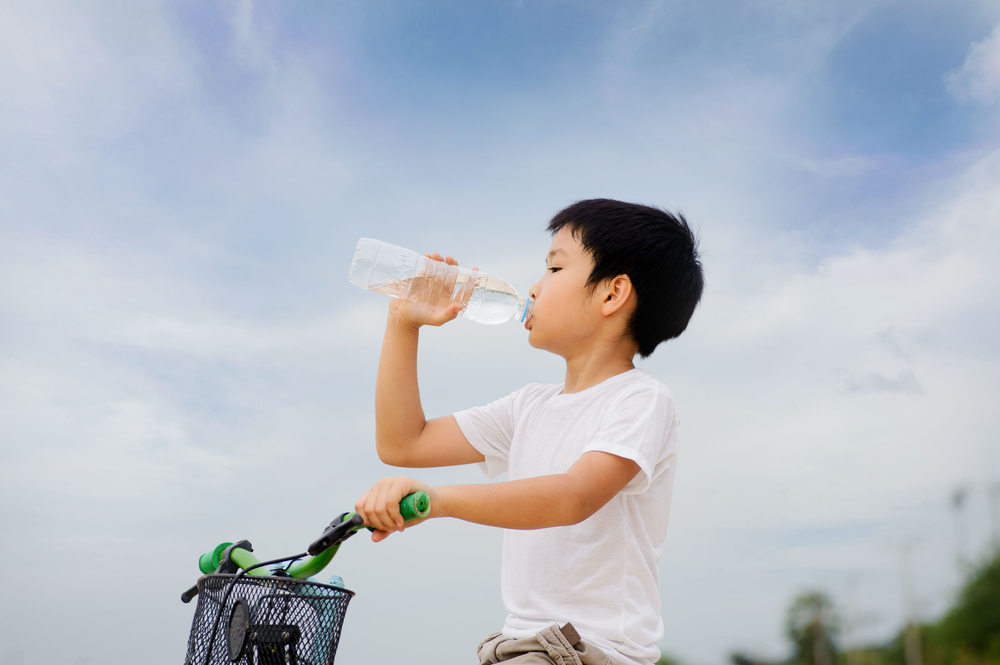Parenting Tips
October 2022
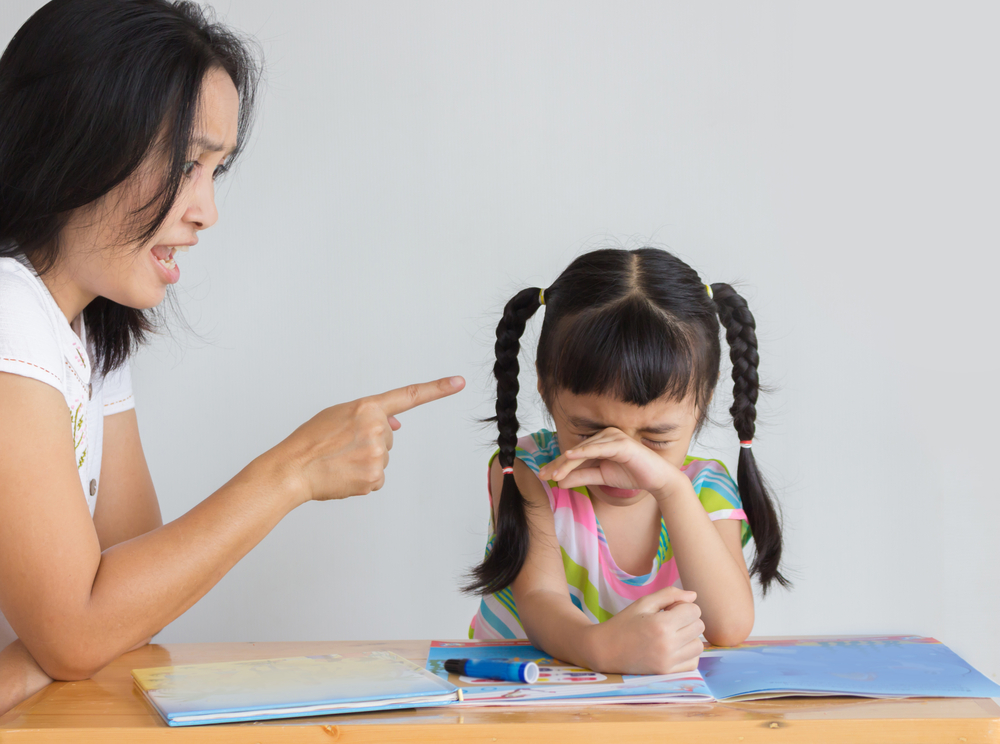
Written by : Child Behavioral Emotional Therapist
Ip Wai Lun
Many times, parents get angry because their children don’t follow the rules or challenge some bottom line. For example, if a parent doesn’t want a child to touch something, the parent will just say, “Hey! Don’t touch it!” and “No!” and “Stop”, the child will hear many of these “No! and “No! In fact, this will often make children feel that they have done something wrong, which in turn will undermine their confidence and make them avoid doing things in the future.
As a parent, what can you do to make your child follow the rules without undermining his self-confidence? What kind of talking skills can parents use?
For example, if a child is angry and his face is red, we can use the following “three-step” approach.
Part I: Say How He Feels
“Mommy and Daddy see how angry you are ……”
“Look at your red face. ……”
Parents can try to help their children say how they feel. This is the first and most important step.
Part 2: Setting boundaries
When a child has a temper tantrum and may hit someone, parents should immediately set a line: “Okay, we can’t hurt others. Help him to set a compliance line.
Part 3: Arranging a platform for diversion
If the child has already hit someone, the parent should arrange a platform for the child to channel the anger.
For example, the parent can say, “Oh! I see you are so angry that your face is red and you want to hit someone! Why don’t you show Daddy how angry you are? “Why don’t you hit this shark doll?”
Maybe the child will say, “Yes, okay! and then hit the shark doll. At this point, the parent should tell the child, “Oh, Daddy is really angry to see you.

By allowing the child to express his or her emotions, the child will understand that when he or she has negative emotions, they won’t be accepted by the parents.
If parents use the above three steps, not only will they accept their children’s negative emotions, but they will also not condone their misbehavior, and most importantly, children will learn to follow the rules.


